Category: Blog
Wisdom for Teams #13
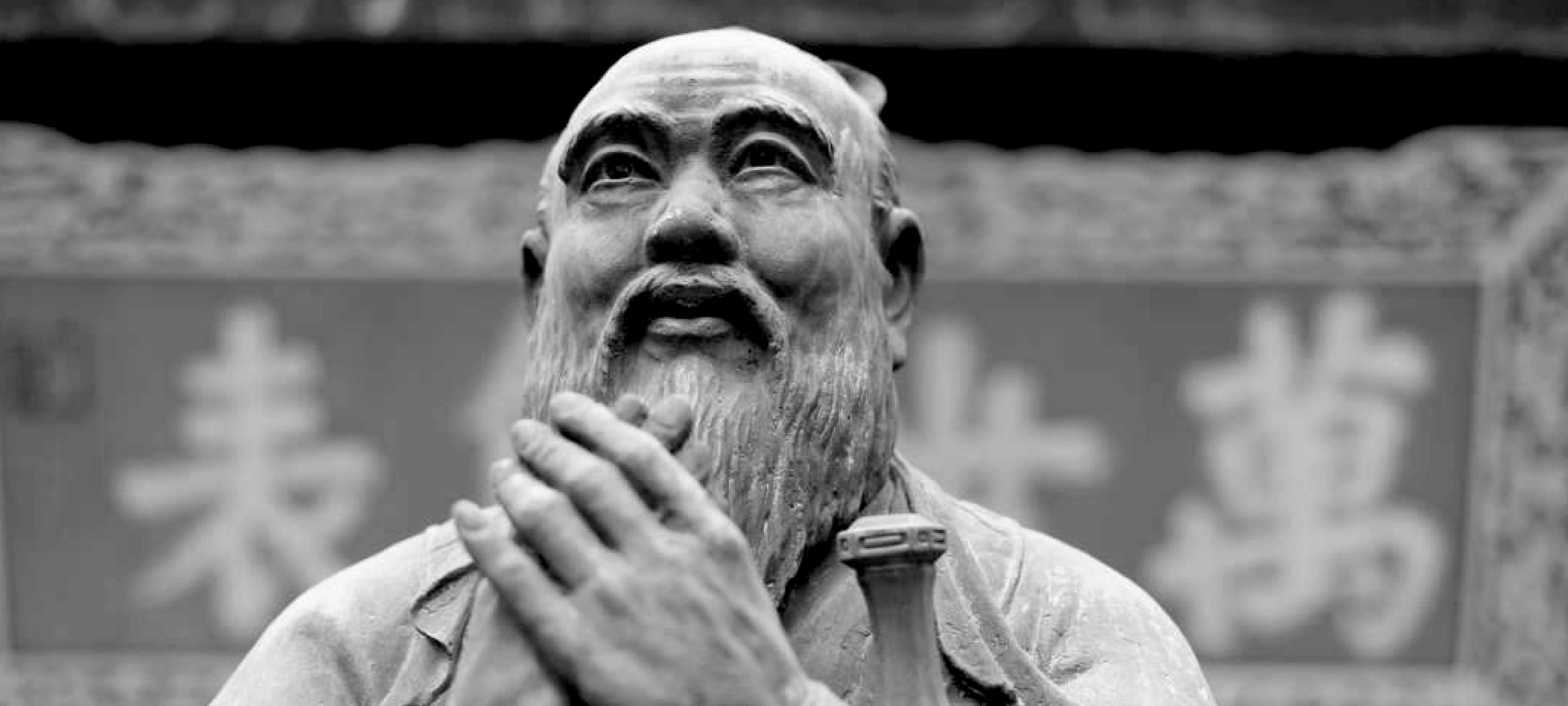

—
“Don’t complain about the snow on your neighbor’s roof when your own doorstep is unclean.”
—
CONFUCIUS (551 – 479 BCE), Chinese philosopher and politician, traditionally considered the epitome of Chinese sages
Deeply Loved?


—
Loved in the inflexibility of my ideas,
Loved in the unlikelihood of my wildest dreams,
And loved in the repetition of my everyday stupidities?
Loved in the glare of my greatness,
Loved in the impoliteness of my impulses,
And loved in the scars of my fuckups?
Loved in the sweat of my sacrifices,
Loved in the song of my pathetic moments,
And loved in the smell of my self-judgment?
With whom do I feel deeply loved?
Wisdom for Teams #12


—
“You must lay aside the burdens of the mind; until you do this, no place will satisfy you.”
—
SENECA (c. 4 BC – AD 65), Roman Stoic philosopher, statesman, and dramatist
3 Hacks to Manage Mess in Life


—
On Friday I gave an online workshop for Amazon’s Recruiting Team for Europe, the Middle East and Africa. It was about self-care and self-investment, and my premise was that any life worth living will regularly get messy just like the kitchen gets messy when we use it.
The key then to wellbeing is not to try avoid the mess, but to care and invest in ourselves so as to be emotionally fit when the mess happens. I shared with them several shortcuts for emotional fitness. Here are three that require little effort but have a massive, massive, massive impact in our wellbeing.
- Sleep: Matthew Walker, sleep expert and author of the book “Why We Sleep”, recommends we give ourselves the opportunity of 7 to 9 hours of sleep every night. He says that the pillars of a healthy body are not diet, exercise and sleep, but just diet and exercise, because sleep is the foundation.
- Gratitude: It’s very difficult, if not impossible, to feel grateful and at the same time anger, fear or sadness. Gratitude energizes us to deal with life’s challenges. This is why I recommend starting the day by bringing to mind a few things we can be grateful for, and to connect with the emotions that this generates. This will set us up to deal with what comes our way during the day.
- Hanging out with TRUE friends: There is a growing body of evidence about the vital role of friendship in overcoming challenges. Introverts or extraverts, we are all social beings. Helen Keller said that she would rather walk with a friend in the dark, than alone in the light. The Beatles nailed it when they suggested we get by with a little help from our friends.
Life will always give us challenges that require we reinvent ourselves. Things will break down. People will let us down.
The key to a balanced life lies in being ready for these inevitable events, for any life worth living is a messy life.
Wisdom for Teams #11


—
“I’ve always been the opposite of a paranoid. I operate as if everyone is part of a plot to enhance my well-being.”
—
STAN DALE (1929-2007), radio broadcaster, writer, teacher, and founder of the Human Awareness Institute.
My Wish For You


—
Yesterday on a news panel on how to celebrate Christmas, one of the commentators asked: Celebrate what? He then proceeded to argue there is nothing to celebrate this year. It’s been a shitty year, and Christmas is miles away from what it would typically be, but…
—
Do you really have nothing to be thankful for?
Is there nothing in your life worth raising a glass?
—
My past few Christmases haven be awful. Last year was cool because we were in Mexico with family. But the previous year, six days before Christmas I broke my collarbone, and the one before that I had a terrible, terrible argument on Christmas Eve.
I had little or no say in these events. But this year, I have a choice because we have all known for months that things would be different. I get to choose what to focus on:
—
Will I count my blessings or my problems?
—
This is not about my subjective opinion in seeing the glass half full in my life. Instead it is about objectively noticing that I have a glass to begin with. Christmas this year will be spent with my daughter, Irene, and with luck, a few true friends. This is blessing enough for me — other than the fact that there will be plenty of red wine and, hopefully, sense of humor.
My wish for you is that you may be inspired to notice some of the blessings in your life, so as to savor Christmas Day with a profound sense of meaning. Merry Christmas!
Wisdom for Teams #10
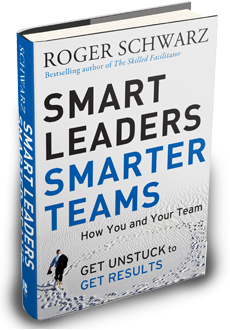

—
“If you want to change the results,
you need to change the mindset that
causes you to behave the way you do.”
—
ROGER SCHWARZ, leadership team consultant, speaker, organizational psychologist, and author of Smart Leaders, Smarter Teams: How You and Your Team Get Unstuck to Get Results.
You Can’t, Until You Have To
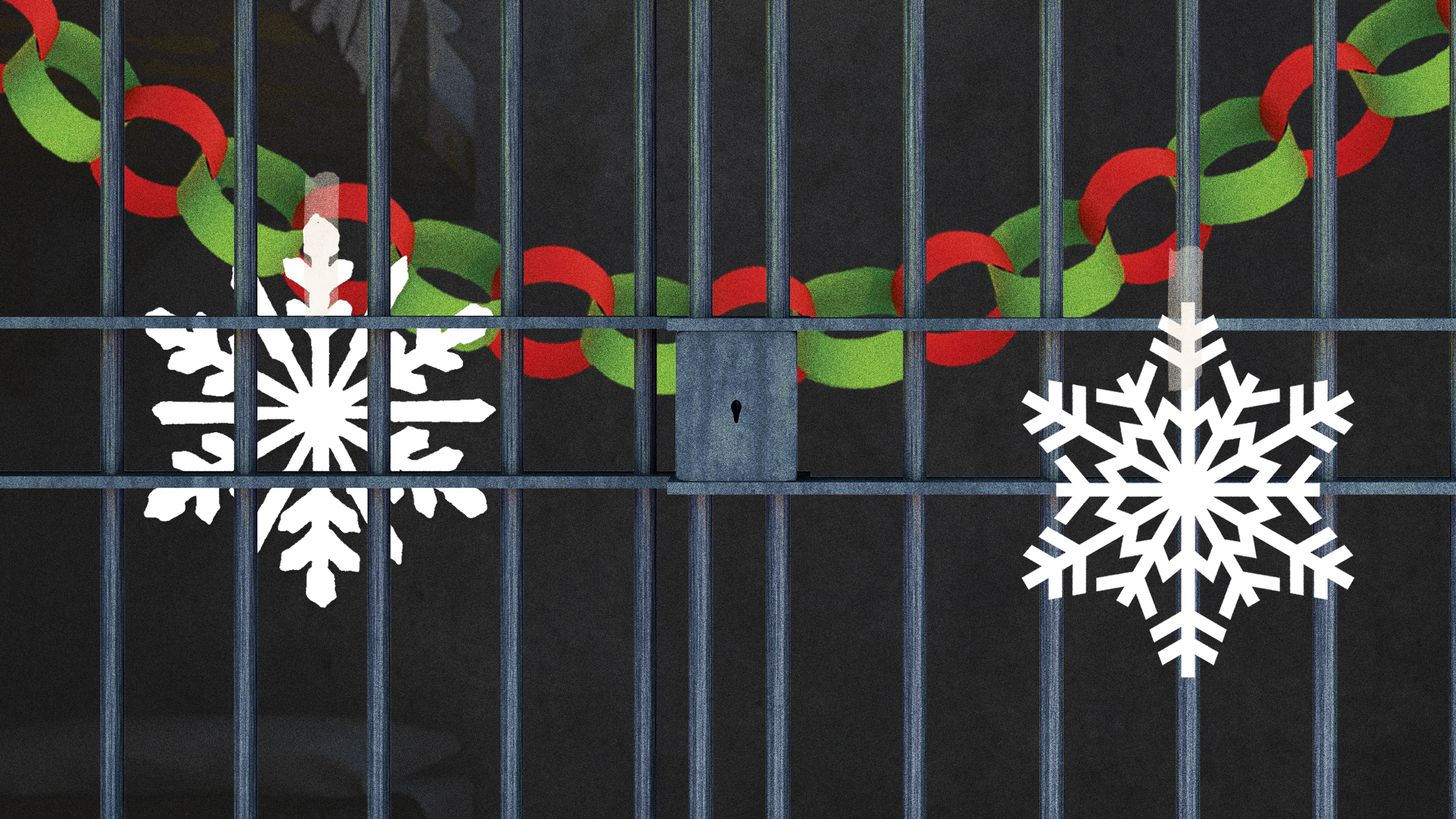
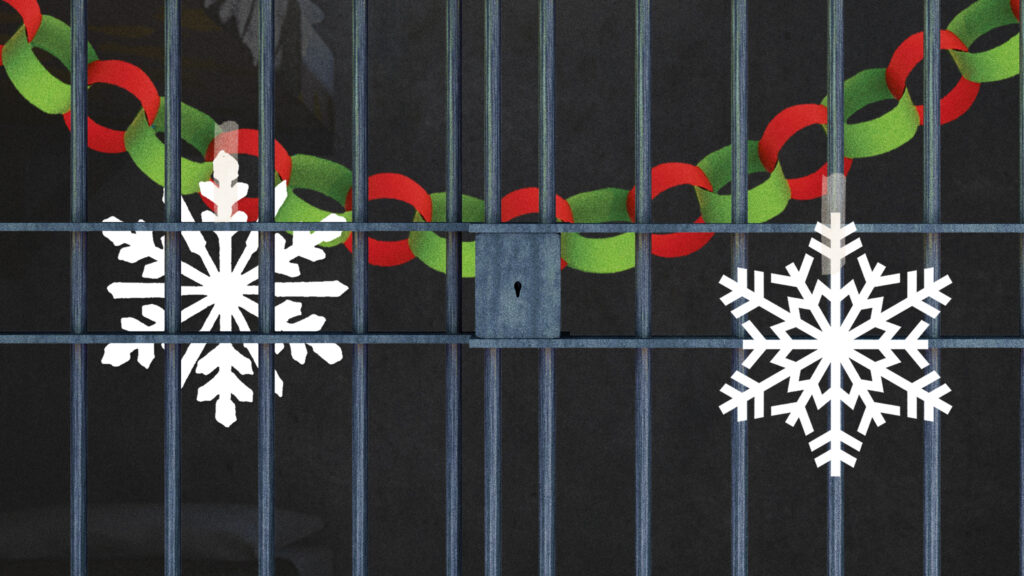
—
In my years as a volunteer in jails, I always hated talking to someone on their first day. What the hell do you say? To my point, in seven years volunteering, EVERY person I spoke to on their first day told me:
—
I can’t do this.
—
The irony was inevitable and piercing: Of course we can’t do this. We’re not made for imprisonment. But then again there was no other choice. The following week I’d come back. There we were again. Sad, sometimes angered, maybe bitter, but they no longer thought: I can’t do this. This a hard truth of life:
—
We can’t, until we have to.
—
Christmas is around the corner. Of course none of us were made for this year’s Christmas. But what’s our alternative? When we catch ourselves thinking: I can’t do this, let us remember: We will, if we have to.
Wisdom for Teams #9
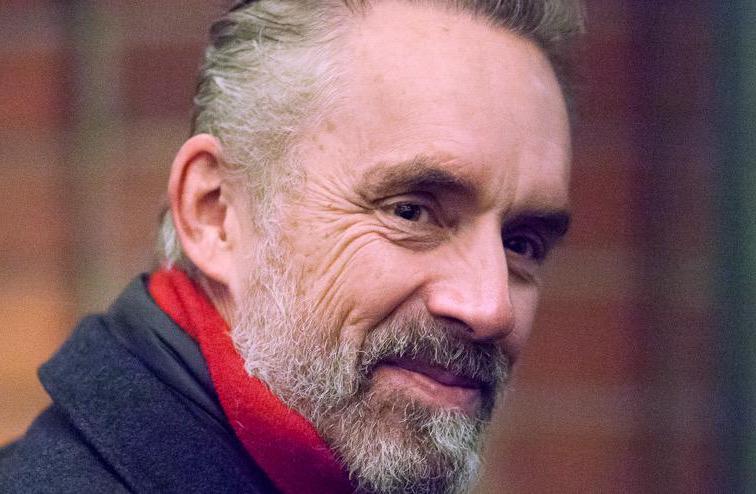

—
“Assume ignorance before malevolence.”
—
JORDAN PETERSON (1962), Canadian clinical psychologist and a professor of psychology at the University of Toronto, author of the #1 International Bestseller 12 Rules For Life: An Antidote to Chaos.
Discover How Altruistic You’ve Been Lately


—
Every year for the past nine years, I coach the students of the Executive MBA Persuasive Communication Program from IESE Business School in Barcelona. Inevitably every year the question about how to deal with nerves comes up.
I begin by saying that whether we intend to or not, nerves are an act of egocentrism because the spotlight is placed on us as the speakers. The alternative is to shift the spotlight to our audience and our message.
If we focus on giving the gift of our message to our audience so that they walk away better off, we stop thinking about ourselves. No more nerves — our mind is engaged in something much more important.
We move through life in a similar way. We either put the focus on ourselves or shift the spotlight to making other people’s lives better. In the first case, we can end up obsessing over ourselves and our life, we can end up feeling dissatisfied with how far we are from where we planned to be.
In the second case, we are engaged in something that is greater than us, which gives us meaning and the necessary resilience to face the challenges that life throws at us.
On who do you shine the spotlight?
Here’s a exercise that might indicate where you’ve been putting the light. Access the photos on your smartphone. Who tends to be in the spotlight: you or others?

